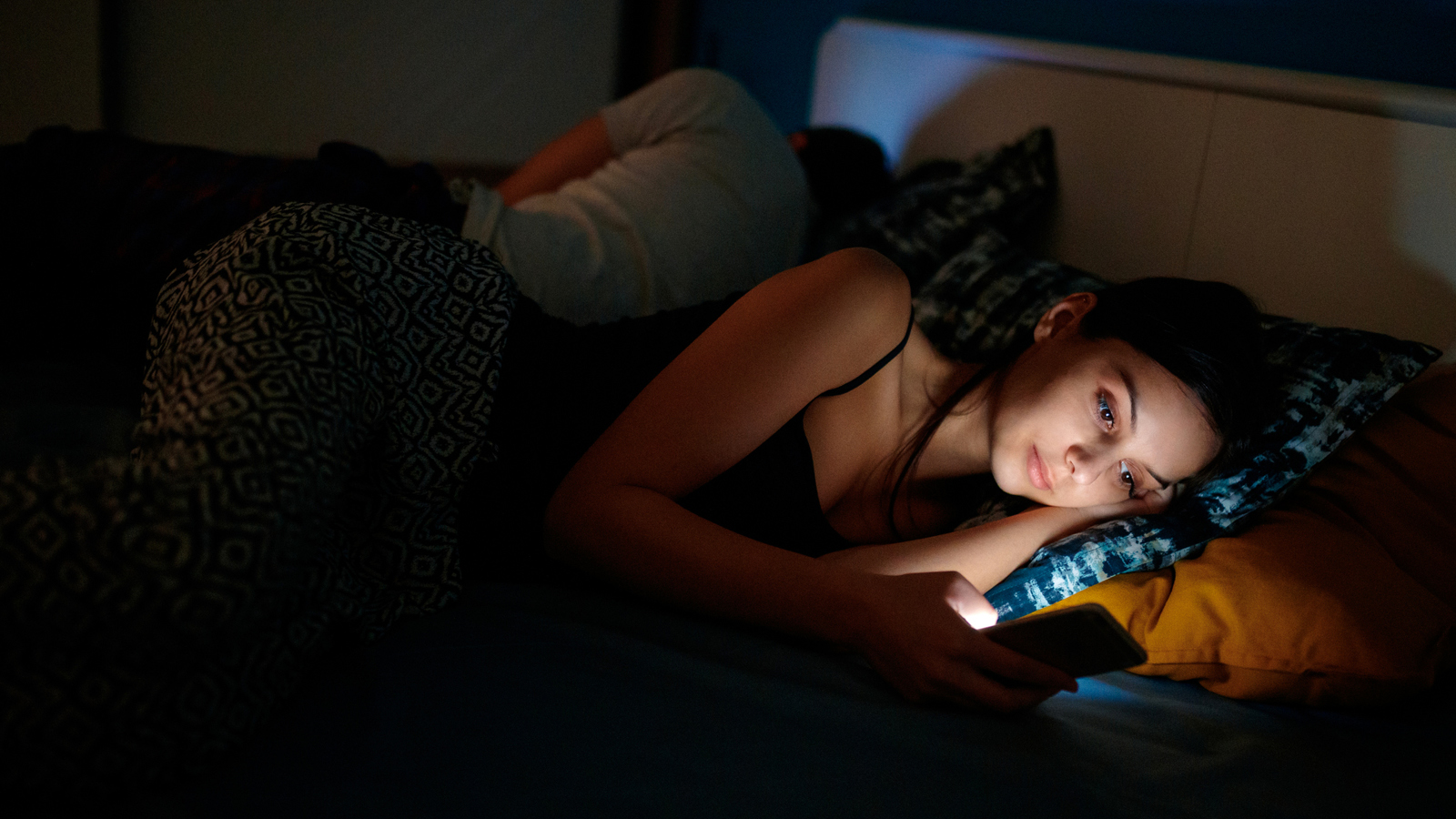
Reading too much bad news on the internet and social media? It could be bad for your mental health.
There’s been a lot going on in the world recently. And whether it’s the ongoing effects of COVID, the rising cost of living and fuel, the Ukraine war, racial issues, or climate change, sometimes it seems there’s very little good news out there.
Yes, we may live in a relatively peaceful corner of the world – and many of the events we read about may be way beyond our control – but it’s difficult not to be concerned as we scroll through the internet reading article after article of bad news. So much so that there’s now a word for it in the dictionary. Doomscrolling.
What is doomscrolling?
Doomscrolling is a habit that entails slipping into a harmful and compulsive cycle of reading negative news stories and posts on social media.
Although it’s always been present in our lives to some extent, this habit really came to the fore during lockdown, as millions of us scoured the internet for the latest news – possibly in the hope that it might be good.
Sadly, it rarely was. Worse still, doomscrolling itself has now been linked to anxiety, stress and depression.
What does it do to us?
Overuse of social media has long been known to negatively impact our mental health, triggering damaging comparison of ourselves to what others are doing, and often increasing our sense of isolation.1 The very opposite of social, in fact.
Add to this mix a continuing cycle of stories about death, disease and violence, and you begin to see the potential detriment to our mental health. In fact, the effects of doomscrolling can be highly serious for many reasons, especially when our mental state is already fragile.
Firstly, it reinforces all the negative thoughts and emotions we may be having, while encouraging us to keep scrolling to confirm those feelings – thus keeping us feeling down.
It also increases panic and worry, which in turn can interfere with sleep patterns. And medically speaking, too much time on social media can trigger increased release of cortisol and adrenalin, the stress hormones.
But if you’re starting to think that all this bad news risks turning this article into another part of your doomscrolling, the good news is that there are certain things you can do to help curb this harmful habit.
How to protect yourself
Simply being aware that you are prone to doomscrolling can be considered a positive first step. But if you’d like to go further, you might want to consider the following:
1) Set limits
Create boundaries by limiting the amount of time you spend every day reading the news or scouring social media. For example, you could restrict yourself to using your phone only during lunchtime, or for 15 minutes after meals. Maybe even set a timer so you don’t go over your allotted slot. It’s all about willpower really.
2) Detox your phone
It’s much easier to ignore your phone when it stops making noises or vibrating constantly. So turn off notifications and alerts where possible, and remove those timewasting apps that eat into your day. It might also free up your time to do the things you really love doing.
3) No phones in the bedroom
It may be a handy alarm clock, but plugging your phone in next to your bed can often prove too much of a temptation, especially just before bedtime. If you can, keep your phone in another room – or at the very least out of reach. And invest in a good old-fashioned alarm clock instead.
4) Be mindful
If you do still find yourself doomscrolling, try to live in the present. Be aware of how each article or post makes you feel, and ask yourself what you’re really looking for. If you want to know specific details, find them out then shut things down. That way, you won’t fall down a rabbit hole just for the sake of it.
5) Focus on the positive
Staying in touch with family and friends can be a real positive of the internet – within reason. But remember, most of us only present our best selves on social media, and what you see doesn’t always reflect the truth. Similarly, try to focus more on good news articles, rather than the doom and gloom of most major headlines. Bad news sells, after all.
6) Take a break from tech
Last but by no means least, try stepping away from your tech as much as you can. Instead, do something analogue you enjoy like taking a walk, playing with a pet, reading a book or meeting up with friends and whānau. It’ll put you in a much more positive frame of mind.
These are just a few suggestions on how to curb your doomscrolling. If you’re still finding it difficult to detach from your phone, you might want to consider getting professional medical help from your GP, or other qualified health professional.
Reference:
1 https://pubsonline.informs.org/doi/abs/10.1287/isre.2015.0588
Other reference:
Southern Cross Healthy Futures Report 2022
https://www.iod.com/news/mental-health/anxiety-from-world-events/
https://www.weforum.org/agenda/2021/07/doomscrolling-mental-health-covid19-sleep/
